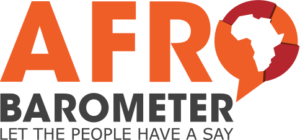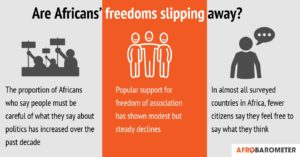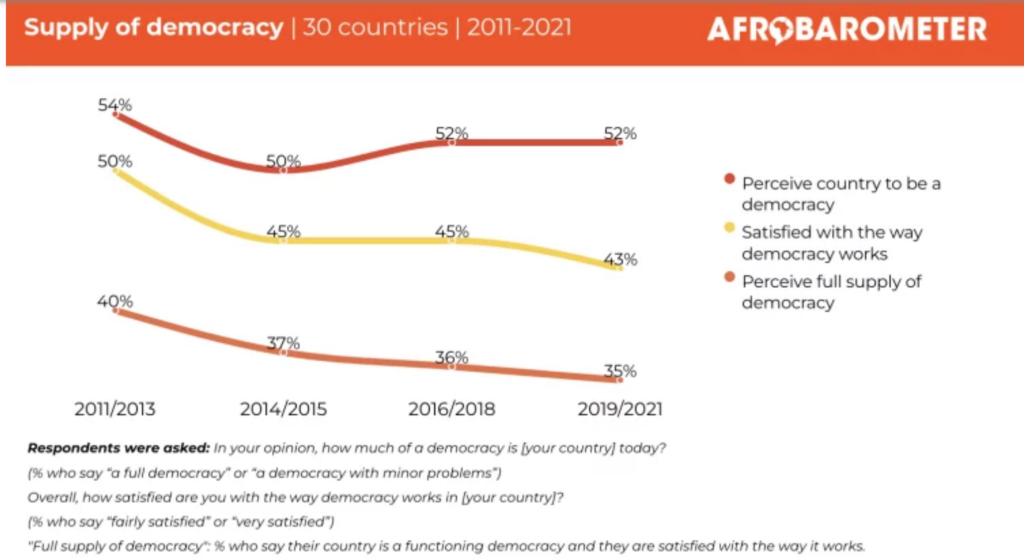Senegal has shut down several of its overseas consulates including in Paris and New York after they were targeted by a fresh wave of protests that has rocked the West African country domestically and abroad, France24 reports. Young protesters clashed with security forces last week, resulting in at least 16 deaths and hundreds of arrests, after opposition leader Ousmane Sonko was sentenced to two years in jail.
“He [Sonko] is very much the leader of the young, which opposes him to [Senegal’s President] Macky Sall,” Douglas Yates, Professor of Political Science at the American Graduate School in Paris, told AFP:
While Sall has remained strategically silent on his intentions regarding the 2024 presidential elections, political opponents are convinced that the Senegalese president has his eyes set on a third term in office, despite the country’s constitution. Sall, who came to power in 2012, had previously been an outspoken proponent of term limits.
 Senegal has long enjoyed a reputation as a beacon of stability and democracy in a region beset by coups and overstaying presidents. This has made it a favored partner of the West. Yet Senegal has been losing its sheen, The Economist adds:
Senegal has long enjoyed a reputation as a beacon of stability and democracy in a region beset by coups and overstaying presidents. This has made it a favored partner of the West. Yet Senegal has been losing its sheen, The Economist adds:
In early 2021, when Mr Sonko was first accused of rape, protests flared. Some 14 people were killed, 12 of them shot dead by the security forces. Opposition figures have been arrested for fuzzy crimes such as “insulting state institutions”. Senegal’s ranking in press freedom has plummeted from 47th in 2020 to 104th, says Reporters Without Borders. The latest heavy-handed response to protests is not a surprising blip but a sharp plunge in an ongoing descent.

Afrobarometer
Civil society groups like Y’en a Marre (“We’re Fed Up” – above) first emerged in 2011 as grassroots campaigns against injustice and inequality in Senegal, according to the National Endowment for Democracy (NED).
“There’s a lot of anger and frustration … and young people see Sonko as the last chance to potentially oust Sall,” said Danielle Resnick, David Rubenstein Fellow at the Brookings Institution, adding that Sonko has attracted support by employing a nationalist rhetoric. “There’s a lot of anti-French discourse, a lot of pro-nationalist discourse, which I think has given the youth hope that he’ll do something different.”
According to Afrobarometer’s polling in 34 countries, a majority of African citizens prefer democracy over alternative forms of government, Resnick observes:
The Ibrahim Index of African Governance uncovered that one-third of Africa’s population reside in a country where political participation, rights, and inclusion significantly deteriorated in the last five years. In fact, some of the erstwhile democratic champions in the region have reversed course. President Macky Sall of Senegal, for instance, continues to obfuscate about whether he will run for an unconstitutional third term in next year’s elections despite strongly opposing his predecessor’s efforts to do so more than a decade ago.








